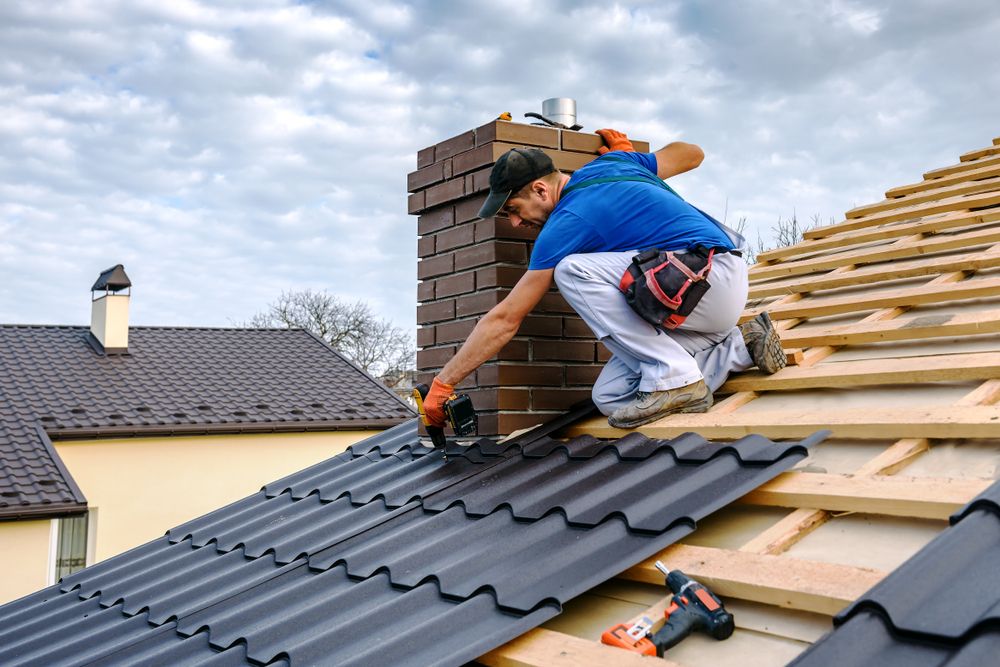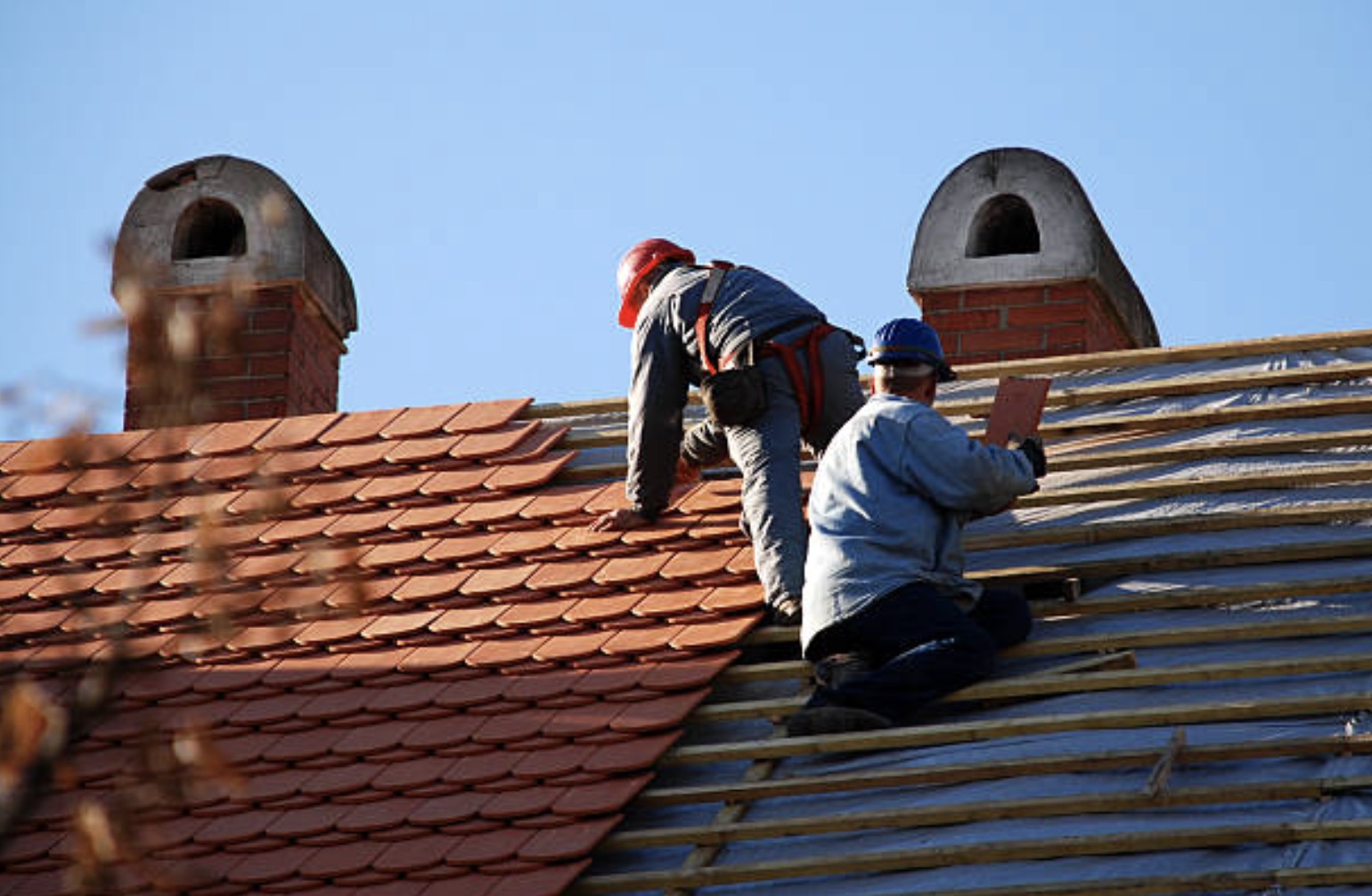
People do not tend to believe much about their air conditioning system until something goes incorrect. We're offered 24 hours a day for emergency repairs if anything goes incorrect with your HVAC systems.
A/c History
For several years, people have been developing methods to avoid being hot and stuffy. Ancient Egyptians used to cool their indoor air by hanging damp mats on their doorways. Romans determined how to run fresh water through their indoor pipes to cool their houses. Even Benjamin Franklin - the developer whose kite experiment exposed much of what we now learn about the nature of electricity - meddled the air conditioning world, dealing with coworkers to figure out how to control liquids that have cooling properties. In spite of these, and other, contributions, the innovation of the first modern ac system in 1902 is credited by most to Willis Carrier, an American engineer. If we fast forward over 100 years because Carrier's development, people are more mindful of their convenience than ever.
2. A/C Anatomy
It's handy to know how the a/c unit works in the first place. This will assist all other information to make sense, and will give you an enormous gratitude for the specialists whose job it is to keep you're A/C in working order. The little things make a big distinction.
- Inside your A/C, there is a set of pipelines filled with refrigerant, which (just as it sounds) cools-- or cools-- the air around it. The set of pipelines is likewise called an evaporator coil.
- Hot air from outside is pumped into your air conditioning system by a blower (or fan), running the air over the cooling coils, and blowing it into your home.
- The refrigerant in the evaporator coil changes from a liquid into a gas while taking in heat from the air.
- At the same time, the hot air inside your home is being pressed outside with another fan.
- The refrigerant is pumped outside the house to another coil (called a condenser), launching its heat and altering back (condensing) into a liquid.
- The refrigerant is moved back and forth within the ac system by a pump called a compressor, which controls the rate of motion so that the refrigeration and condensation happens within the right coil.
- Your A/C likewise has a motor, which runs the compressor.
3. Set The Right Temperature
As a general rule, your air conditioner can keep indoor temperature levels about 20 degrees cooler than outdoors. If the heat is excruciating, try using a ceiling, table, or other type of fan to keep the air moving.
If you have a main system, you can acquire a thermostat with a timer that can be set to get used to higher temperature levels when you're gone, and cooler temperature level when you're house. It's not an excellent concept to turn your unit off completely unless you're going on getaway. Turning it off will result in the unit requiring to work additional tough to cool the house at a later time.
4. Modification Your Filters
If you have a main or window unit, you need to change your filters about once a month throughout the cooling season. At home filters have a minimum efficiency reporting value (MERV), which is a number in between 1 and 12. A higher MERV ranking means greater filtration, and it is typically suggested that you utilize filters of a 6 or higher.
Modification Your Filters
If you're questioning why the filters are very important, here's a fast description. They have a double function: 1) they keep particles from building up on the evaporator coil, which could ultimately stop the system from working, and 2) they avoid particles from being released into the air inside your house.
Filter gunk (not a clinical term) will prevent the air from streaming freely, which will avoid you from maximizing your comfort. Modification your filters to keep the breeze ... and keep the peace.
5. Clean Your Outdoor Condenser
Your condenser needs to survive a lot being exposed to the components throughout the year. If you discover that your system is not cooling also, it might be since the condenser needs cleansing. Leaves, twigs, lawn, and other debris can get captured in its fins, and this will obstruct its cooling capability.
Tidy Your Outdoor Condenser
Before you get going with the cleaning, make certain to turn the condenser off. This can be done by pulling out a fuse block linking the unit to your house, or moving the switch to the "off" position. Be sure that the temperature level is at least 60 degrees outside so that you can test the a/c unit to be sure that it works.
If you find that they are bent, attempt using a butter knife from your kitchen area to press them back into shape. Remember to refer to your owner's handbook for guidelines that are specific to your unit.
That looks after the outside. Now let's discuss the condenser's withins.
6. Examine Your Coolant Levels
The amount of refrigerant in your A/C unit is called its "charge." If there's a leakage and the refrigerant charge decreases, you will have problems. A leak will decrease your system's ability to work appropriately, and your home will not get the cooling it requires.
Because of global warming, discovering the ideal cooling gases to use in residential and commercial residential or commercial properties has been a pretty big deal. Some have been identified to be ozone-depleting compounds by the Environmental Protection Agency (EPA), and are for that reason prohibited from being utilized in brand-new systems. Here's a run-down of what's ok and what's not:
- HCFC-22: This gas was prohibited in new equipment in 2010 by the EPA. It is only offered for older model A/C units.

- R-410A: This is one option to HCFC-22, and is being used in the United States. Although it has a high global warming effect, it triggers no ozone exhaustion.
- R-32: This gas is being examined by the EPA, and is known for being mildly flammable. Its global warming effect is moderate, and it causes no ozone depletion.
- Hydrocarbons: These are being utilized in business refrigeration, however not yet in homes, unless systems have actually been revamped. The global warming effect is low and there is no ozone deficiency.
It's not an excellent concept to attempt handling any of these coolants by yourself, so contact your HVAC professional if you presume that something is amiss with your coolant levels.
7. Optimize Your A/C's Effectiveness
If you have a fan, run it when your A/C is on so that the cool air can circulate more easily. You must also keep all doors in the house open so that air can flow easily.
If you need to make home repair work, such as replacing your windows or your roofing, make decisions with the knowledge that insulation is everything. A house that is not well insulated will result in air leaks ... which require your a/c to work harder than it would normally require to. Proper insulation might cost more on the front end, but with time, the cost savings will be considerable.
Some other tricks to optimizing your a/c unit's effectiveness consist of:
- Using your washer/dryer throughout cooler times of the day.
- On cooler nights, opening windows so that the outside air can fill the house.
- Making sure your ducts are sealed to prevent air leaks. You can seal them yourself with mastic-- the thick, white, water resistant sealant that can be painted over them. Little ducts leakages can be sealed with foil tape.
- Keep the blinds on the west side of your home closed on hotter days.
8. Focus On Efficiency Rating
Along the lines of effectiveness, performance matters also. If you have a main A/C unit, inspect the seasonal energy-efficiency ratio, or the SEER. In a window system, it is called the energy-efficiency ratio (EER). Your SEER should be at least a 13, and your EER must be no lower than 8. The higher the number, the less expensive and more effective the unit.
Acquire an unit that is an excellent match for your climate. If you live in a damp area, discover an A/C that likewise dehumidifies. If you reside in a dry climate, discover one that will operate optimally in hot, dry temperature levels. Taking the time to customize your purchase to your particular requirements will save you a lot of loan and distress in the future.
9. Get An Air Conditioning Check-Up Annually
Simply like our bodies and cars require check-ups, air conditioners benefit from them. Be sure your professional looks at the following: Get An Air a fantastic read Conditioning Check-Up Annually
- Inspecting and cleaning coils,
- Replacing fan belts if needed,
- Checking refrigerant charge and pressures,
- Cleaning or changing filters if you're not able to do it,
- Lubricating motors and bearings,
- Cleaning and checking blowers and fans,
- Inspecting controls and safeties, and
- Checking temperature controls.
10. Humidity Matters More Than Heat
Humidity, if not managed, can cause some major issues. Not just does it make you feel worse about the heat, but it can support the development of mold and other bacteria that can impact the health of those residing in the area. If you've ever discovered the condensation that can collect around air conditioning vents, you understand the dehumidifying homes that the majority of A/C units have. They actually pull the wetness out of the air.
So that your A/C does not have to do all the work alone, make sure to use your exhaust fans when bathing, bathing, and cooking. You can also use a fan to help blow some of the air outdoors. If these choices aren't working as they should, buy a separate dehumidifier to help things along. Sticky skin is the least of your issues when thinking about the risks of mold and damp environments. It can lead to upper respiratory system issues, coughing, wheezing and swelling of asthma symptoms.
11. Pick A Unit That Makes Sense For You
The size of your air conditioner need to be proportional to the size of the space you desire to cool off. Energy Star provides a chart that will help you choose how much cooling capability, measured in British thermal systems (BTU), you will require per hour.
Another thing to consider is the advantages that come along with your purchase. When negotiating rates, focus on whether or not the rate includes a service plan, discount rates on repairs, or a labor service warranty. Acquiring is only he primary step ... maintenance quickly follows.
12. Select The Right HVAC Professional
The Air Conditioning professional you pick ought to be licensed by a highly regarded organization such as the Air Conditioning Contractors of America (ACCA). When you call them to come to your home make certain to have information about your system's brand along with the level of cooling and comfort you are desiring.
True specialists will ensure you comprehend exactly what is happening with your central air conditioning system and will patiently make the effort to answer all your concerns.
About Pro Choice Orlando Roofing Company
Our company offers premium craftsmanship at unbeatable pricing. Customers choose Pro Choice Roofing because we truly stand behind our products, and offer quality that simply isn't found in the roofing industry. We provide asphalt shingle, metal, slate, tile, cedar shake and commercial roofing services! We are a one-stop shop for our customers, including other exterior services such as window replacement, gutter installation and siding replacement.
For more information contact:
Pro Choice Orlando Roofing Company
1060 Woodcock Rd #140
Orlando, Florida 32803
(407) 743-3793
https://www.prochoiceorlandoroofing.com
[email protected]